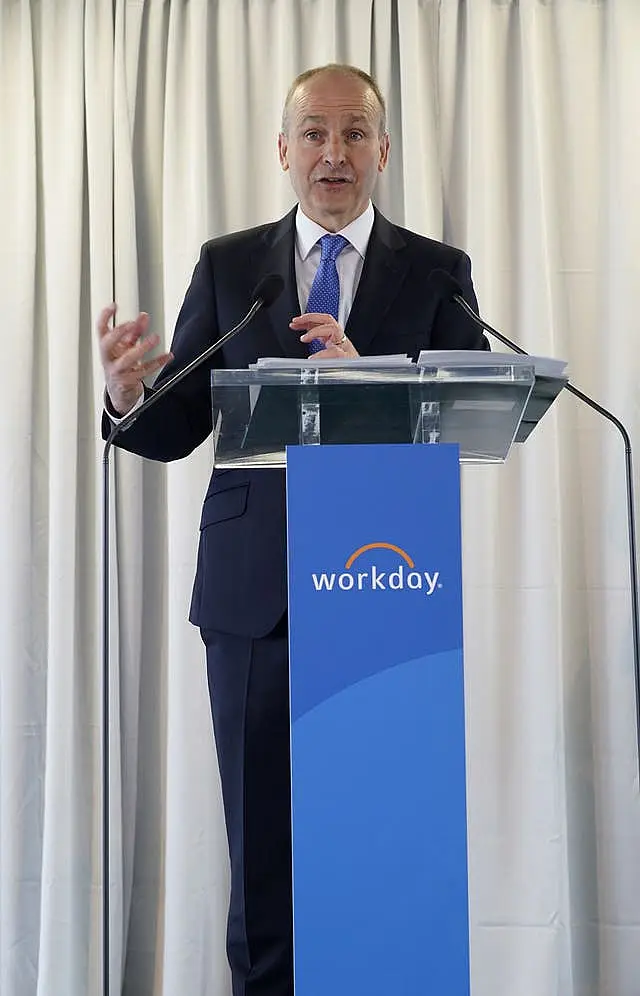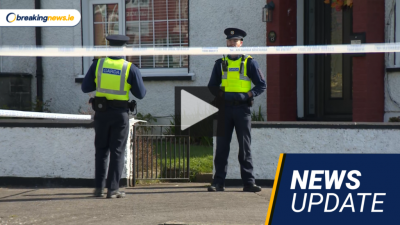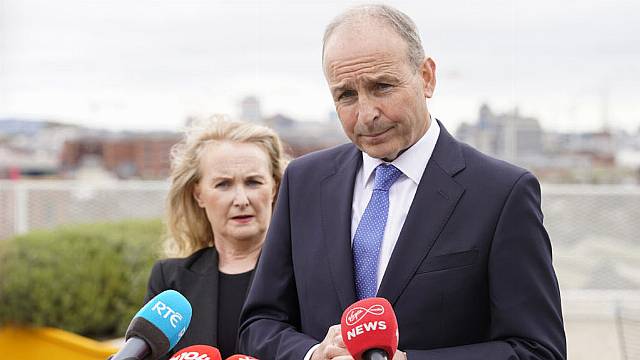The Taoiseach has said the Government cannot bring in measures to address the cost-of-living crisis “every single week”, adding that they will look at it in a more “medium term”.
Micheál Martin said the war in Ukraine has exacerbated the rise in living costs.
He said that any measure the Government takes to help ease the financial burden on households will be to help people cope.
While the Government is working on the cost-of-living package, it is not expected to include any further financial support.
The Government says it has already allocated €2 billion since October’s budget to alleviate cost-of-living pressures.
Measures have included a cut in fuel excise duty, the reduction of public transport costs and rebates on household energy bills.
The Government is to bring in a number of measures that could include time of day use to help with savings on household bills.
The Government is also to publish a set of advice which would include taking shorter showers and reducing car journeys.
“The Government has allocated about €2 billion since the budget to cost-of-living issues and that has ranged from some universal measures and others, so Government has already gone farther than most other European countries in terms of dealing with cost-of-living issues,” Mr Martin said.
“The issue is that without question, we had issues coming out of Covid-19 in terms of the imbalance between supply and demand and supply chains issues, which created inflationary issues. It was called the pandemic cycle of inflation.

“Now we have a war which is exacerbated the cost-of-living crisis even more in terms of the increase in energy prices, food and other commodities and that will feed into the general economy.
“We have to look at this over the medium term because we can’t take measures every single week in response to every single increase that may occur over the next while, so we have to do this in a more focussed way.”
Meanwhile, an increase on the carbon tax on home heating fuels is due to come into effect next month.
The Government has faced calls from Sinn Féin to scrap the tax hike, however, there are no plans to delay the increase.
“Carbon tax in the overall scheme of things is not as significant as the political debate around it. There are issues of a far greater scale than the carbon tax issue, which was put into our legislation to deal with an existential crisis of our time – climate crisis,” Mr Martin added.
“We have to look at targeted measures, which we have in terms of fuel allowance to help people get through this particular time, but there is little point having measures on a monthly basis.
“Any measures we take have to be with a view to helping people cope with the current situation, it’s not a week-to-week basis.”
He also warned that Ireland must not take any “knee jerk” reactions to the crisis and the war in Ukraine.
“It remains to be seen the impact of this war, but it introduces massive uncertainty into the economy and the government is mindful of its impact on people,” he added.
Earlier, Minister for Environment Eamon Ryan said the Government’s priority will be to help people at most risk of fuel poverty, through a set of specific measures to ease the rising cost of living,
Mr Ryan said there will be further universal measures brought in and “advice” will be published to help people reduce their energy bills.
Among the measures will be the reduction of the public service obligation (PSO) on electric bills to zero, as part of October’s budget.
Mr Ryan said the Government cannot “fix” the cost-of-living crisis because of international issues and the ongoing war in Ukraine.
Mr Ryan told RTÉ Morning Ireland: “We need to target particularly those in fuel poverty.
“Some of those measures will take time, some of them will be better placed for the budget, where we really need to look at how the social welfare system can kick in, and it will take time to get that right to work.
“We need to focus on energy efficiency. All the (international) advice is that the next phase really has to be about energy efficiency, helping people to save money with some practical measures to cut the bill.
“So we’ll bring to government in the next two weeks some of those measures, some of them are in planning systems, some are in regulatory, and there will be a campaign to help explain to the public what are the simple ways in which bills can be cut.”
Mr Ryan said he will not rule out incentives either.

The Green Party leader said they will look at how the country can “accelerate” the switch to local power supplies, and cut back Ireland’s dependency on importing fossil fuels.
He said this would include switching to wind, solar and hydro and biomass as well as other power supplies in Ireland.
“I’ve asked the department and all the relevant energy agencies to come forward with the measures that could help accelerate and help both households and small businesses save money by making the switch we know we need to make in any case,” he added.







